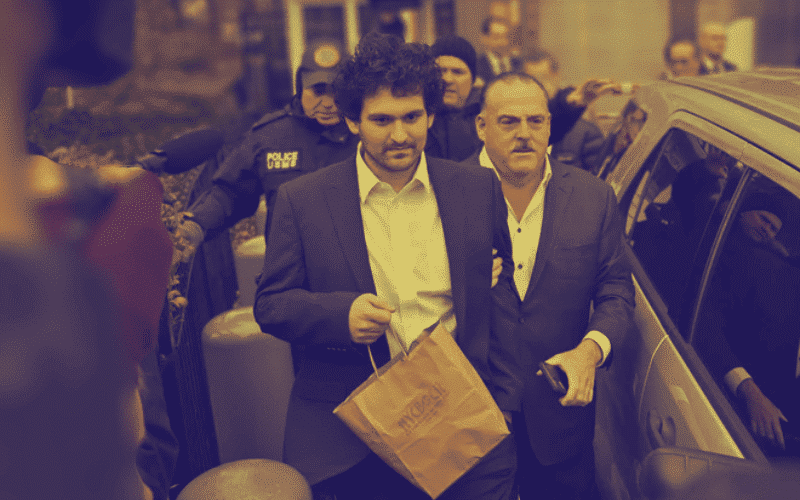Collapsed crypto exchange FTX founder Sam Bankman-Fried aka SBF sent to his parents’ house in Palo Alto, California on a $250 million bail bond package by the Southern District of New York (SDNY).
On Wednesday, SBF signed his extradition papers in the Bahamas to be sent to the U.S. to face fraud charges and was transported by the FBI.
According to the court reporter, Matthew Russell Lee of Inner City Press who was live tweeting on the hearing, Magistrate Judge Gabriel W. Gorenstein started reading the two counts of wire fraud and six counts of conspiracy against SBF related to securities and commodities fraud, money laundering, and violating the campaign finance laws.
Assistant US Attorney Nick Roos stated that for bail, the judge must consider the weight of the evidence. “This was a fraud of epic proportions. If that was the only test, detention would likely be appropriate. But he voluntarily consented to extradition. That should be given weight,” Roos noted.
Roos continued “If he had resisted, we would have opposed release. But his assets have diminished. This is a financial crime and he no longer works for FTX or Alameda. So the risk to the community is a marginal consideration. We propose a restrictive bail package.”
A $250 million bond, which Roos claimed is believed to be the largest federal pretrial ever, and house detention at his parents’ Palo Alto home were among the stringent bail conditions he suggested.
Magistrate Judge Gabriel W. Gorenstein authorized the house arrest order and the bond, but home detention with local monitoring.
According to Roos, the bond was to be secured by the equity in his parents’ house, their signatures, and those of two other financially responsible individuals with sizable assets.
A “personal recognizance bond” was used to characterize the bail, which means the collateral did not have to equal the bail sum. A written commitment from the accused to show up in court as needed is also part of a recognizance bond.
The bond must be signed by two other parties, one of whom cannot be a relative, in addition to Bankman-Fried and his parents, by January 5, the judge said.
If SBF is unable to provide the signatures by the deadline, Gorenstein also has the power to change the order to waive the need for the extra signatories.
Bankman-Fried will be required to surrender his passport and will not be permitted to start any new businesses or spend more than $1,000 on anything other than legal fee expenses.
Additionally, SBF will receive mental health counseling and get substance abuse treatment. Bankman-Fried shall limit his travel to and from the Southern & Eastern Districts of New York and the Northern District of California.
Judge Gorenstein stated Sam Bankman-Fried has no prior criminal history of any time and strong ties to the U.S. There’s no record of violence and this is the first arrest for SBF, Gorenstein added.
Judge Gorenstein noted “the defendant has achieved sufficient notoriety it would be impossible for him to continue financial transactions – this notoriety also goes to risk of flight. He would be recognized. So I am going to permit release…”
SBF’s high-profile defense attorney Mark Cohen asked Judge Gorenstein if SBF can attend the next conference virtually before District Judge Abrams on January 3, to which Gorenstein replied that they should ask Judge Abrams and he agrees to an exclusion of Speedy Trial Act time until January 3.
In the end, Judge Gorenstein asked SBF, “Mr. Bankman-Fried, if you violate the conditions, a warrant will be issued for your arrest. Do you understand?” to which Bankman-Fried responded, “Yes I do.”
The crypto community is obviously furious about this decision to allow SBF to just stay in his parents’ house with very limited constraints while the users who he scammed remain hopeless. Crypto Twitter is questioning where he got the funds for the bail as previously SBF claimed that he had only $100,000 in his bank account.
Also Read: Alameda’s Caroline Ellison & FTX’s Gary Wang Plead Guilty to Fraud Charges






